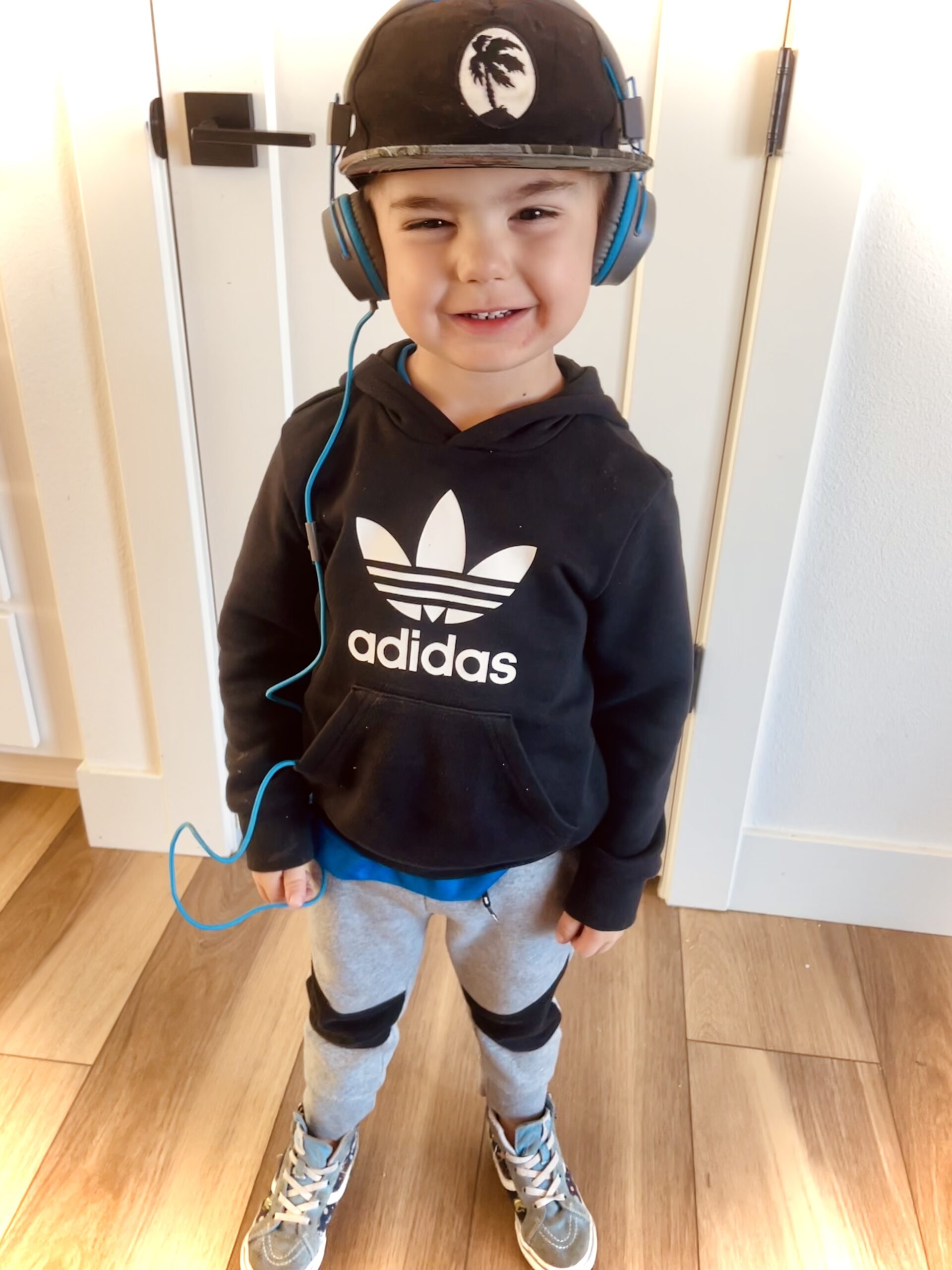
Hearing is a vital sense that connects us to the world. However, for millions of people around the world, hearing loss poses significant challenges. The good news is that music therapy offers a promising path for those with hearing loss to enhance their auditory skills, improve their quality of life, and reconnect with the world of sound. In this blog, we will explore the profound benefits of music therapy for hearing loss.
Understanding Hearing Loss
Hearing loss can be caused by various factors, including age, genetic predisposition, noise exposure, illness, and injury. It can manifest in different degrees, from mild to profound, and may affect one or both ears. Hearing loss can have a profound impact on an individual’s life, as it can lead to communication difficulties, social isolation, and emotional distress.
The Healing Power of Music Therapy for Hearing Loss
Music therapy is a therapeutic approach that uses music to address physical, emotional, cognitive, and social needs. When it comes to hearing loss, music therapy can be a powerful tool in the following ways:
- Auditory Training: Aims at improving listening and auditory processing skills of those with hearing loss through music. By working with a trained music therapist, individuals can engage in exercises designed to enhance their ability to discern sounds and understand speech.
- Hearing Aid Integration: Music therapists can collaborate with audiologists to create music-based rehabilitation programs for individuals with hearing aids or cochlear implants. These programs help users adapt to their devices and improve their listening experience.
- Emotional Support: The emotional impact of hearing loss can be substantial. Music therapy provides a safe and supportive environment for individuals to express their feelings and address the emotional challenges associated with hearing loss.
- Communication Enhancement: Music therapy can improve speech and language development in individuals with hearing loss. Singing and vocal exercises, as well as rhythm and pitch training, can help individuals improve their communication skills.
- Social Connection: Many individuals with hearing loss experience social isolation. Group music therapy sessions provide a platform for people to connect, share experiences, and make music together, fostering a sense of belonging.
Music Therpay For Hearing Loss Findings
It is well known that learning to play a musical instrument can lead to improvement of central auditory abilities. A recent study by Dubinsky et al. (2019) investigated if a group of older adults with age-related hearing loss could improve their speech-in-noise and pitch discrimination abilities following musical training. Thirty-four adults with age-related hearing loss between 54 and 76 years old took part in choir lessons for 2 h per week for 10 weeks. They were compared to a do-nothing group of 29 adults matched for age and hearing loss. Following this training, results suggested improvement for the choir-singing group for speech-in-noise and pitch discrimination.
Conclusion
Hearing loss can be a challenging and isolating experience, but music therapy offers a ray of hope for those affected. This approach not only helps individuals improve their listening skills but also addresses the emotional and social aspects of living with hearing loss. If you think you may have hearing loss contact your local audiologist.
